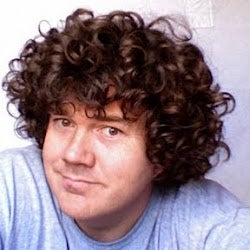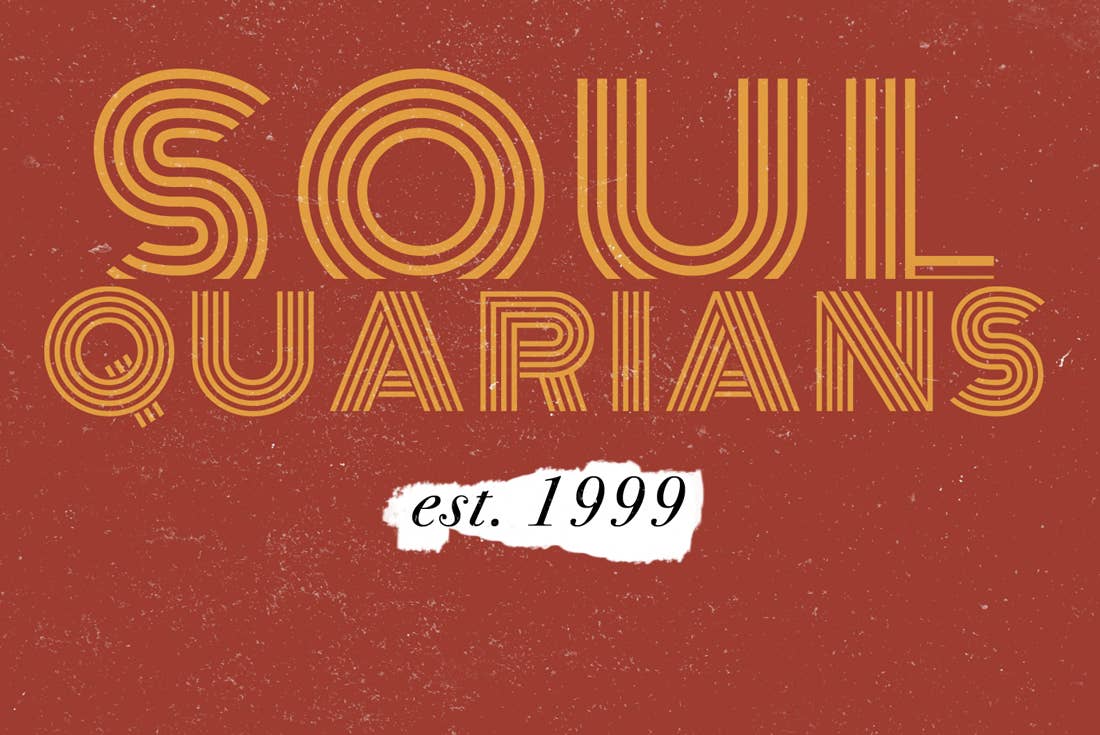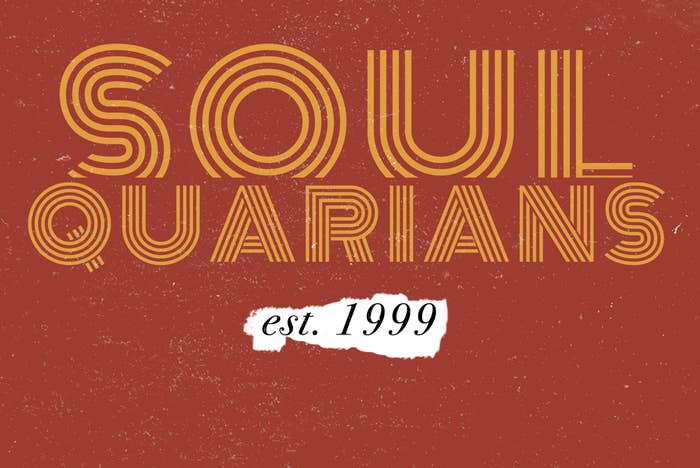
Although Yancey’s collaboration with the Ummah had its ups and downs, his connection with Tip provided a launching pad for countless new opportunities. The Ummah era coincided with the creation of Slum Village’s first album, Fantastic Vol. 1, which—continuing a pattern that would play out throughout Jay Dee’s career—became entangled with label issues, but the demo leaked, sending shock waves throughout hip-hop’s cognoscenti. Though some hailed them as the second coming of A Tribe Called Quest, SV’s lyrical content was far more ratchet, and their vocals arrangements and Jay Dee’s beats more intricate.
Tip would play SV’s debut cassette for Ahmir “Questlove” Thompson, drummer for the Roots and founder of the Okayplayer online community, over the telephone—long distance from Germany. “My bill was 382 bucks,” Questlove revealed, “and WORTH EVERY FUCKING CENT.”
This led to frequent trips to the D, where he witnessed Jay Dee’s drum machine genius firsthand. He would soon invite Yancey to collaborate on the Roots’ 1999 album, Things Fall Apart, which was right around the time that things came together for the Soulquarians, a loose-knit collective of like-minded singers and players—including Erykah Badu, Bilal, Common, D’Angelo, Talib Kweli, Mos Def, James Poyser, Q-Tip and Questlove—many of whom discovered that they happened to share the same astrological sign, which is known for independence and creativity. During his time with the Soulquarians, Jay Dee learned how to translate his musical ideas into live instrumentation, as they forged a warm, organic sound that would come to be called neo-soul.
THE ROOTS, 'THINGS FALL APART'
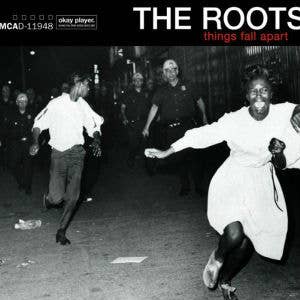
(1999)
This is where Jay Dee’s initiation into the Soulquarians begins—and not a bad start at all. The sloppy beauty of Jay Dee’s “Dynamite” is a good example of the rhythmic techniques that made Questlove ask himself “Are you allowed to do this?” Pianiest James Poyser admired the producers “anything goes” style, changing the game by committing to just “do what feels good.” The Roots have never sounded more like a jazz ensemble. Elsewhere on the same album. Jay Dee x The Roots x Badu (with an assist from Jill Scott) yielded the melancholy gem “You Got Me,” earning the band’s first Grammy Award.
D'ANGELO, 'VOODOO'

(2000)
Although he wasn’t credited as a producer on Voodoo, Jay Dee’s profound influence on D’Angelo’s masterpiece is apparent from the first track: Questlove’s drums on “Playa Playa” sound looser than anything he ever laid on tape before. “ Jay Dee taught me to use the force,” he later remarked. “And when you use the force, you keep it simple. You can keep it sloppy, but just keep it funky.” Yancey’s sonic fingerprints are most obvious on “Feel Like Makin’ Love,” which was initially planned to be a duet with Lauryn Hill. “All I know is how to work the MPC,” Dilla said of the sessions with typical humility. “Maybe I brought something different to the table. Maybe I could add something to this shit.” Maybe he also learned how to convey his unique sound via live instruments.
COMMON, 'LIKE WATER FOR CHOCOLATE'
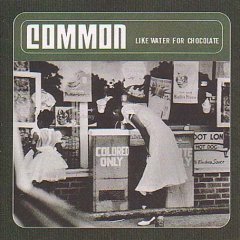
(2000)
ERYKAH BADU'S 'MAMA'S GUN'
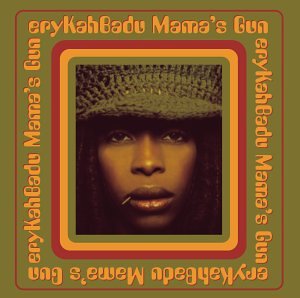
BLACK STAR, "LITTLE BROTHER"
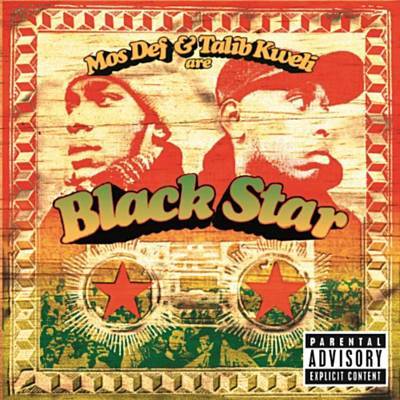
GURU F/ BILAL AND JAY DEE “CERTIFIED”
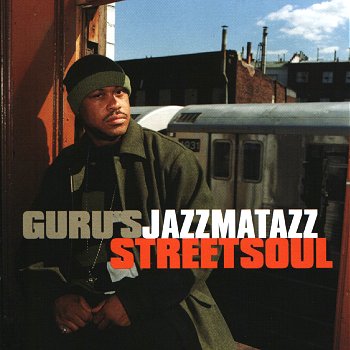
(2000)
Even those inclined to fuck with Guru’s Jazzmatazz series were growing weary by its third installment, dubiously subtitledStreetsoul. But Jay Dee infused new vigor into the franchisewith this rock-hard cut, which manages to anchor the vocals even when they threaten to get a little bit all over the place. Jay Dee couldn’t resist the opportunity to drop some certified Detroit rhymes, making this the first Jazzmatazz joint to speak on “pimp shit, big whips, full clips, mad chicks on my dick.”
BILAL F/ MOS DEF AND COMMON “REMINISCE”
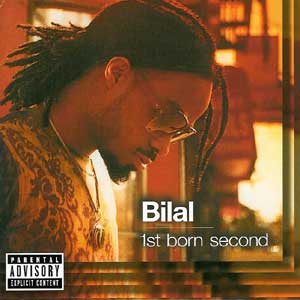
(2001)
On the official final chapter of the Soulquarians era, Jay Dee lets the piano slip in and out of focus as Mos and Com wax nostalgic about the one that got away. The standup bass and guitar fumble with each others’ nether regions, and Bilal turns in a tastefully restrained vocal performance, rescuing a sentimental premise from itself.
